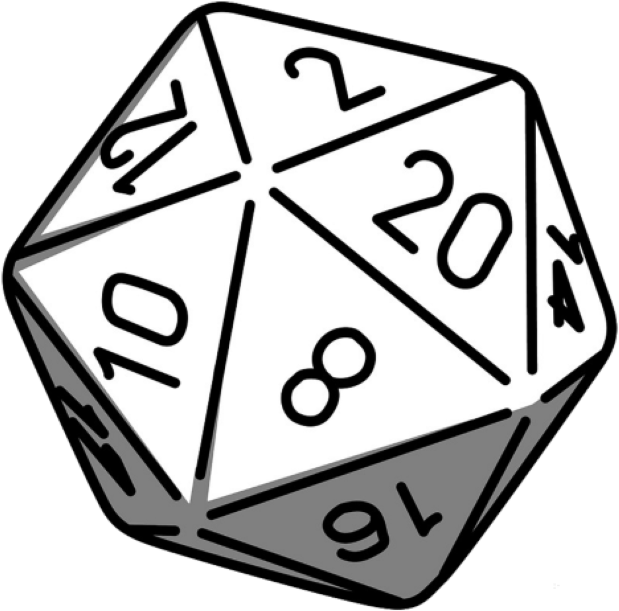I’ve been a DM for many years, and in all that time I’ve had maybe three players read the PHB. I don’t mind explaining the rules, but it would be nice to not have to remind the wizard how spell slots work (again). Is this a common thing for most groups?
Of it’s a general issue with the players forgetting rule, talk to them about switching systems. I wouldn’t play Pathfinder 1e for example with a very casual or rp focused group. There are so many systems that do exactly what we want on different levels of crunch. If you need recommendations you can ask in this group, but talk to your players. This works especially when your players don’t care about the system you play.
Other than that, there are a ton of cheat sheets for how mechanics work online, to print out.
Hope I could kinda help
Depends on the casualness of the group.
Pick-up games, almost nobody knows the rules. Don’t use complex games with them, use tiny little indie games instead. Get an OSR game like Knave, and it’s almost impossible to not understand the game.
Longer-term groups, I do expect everyone to read the rules, and using more complex games is fine. Someone who won’t, and especially if they picked a more complex class or skills, needs to read the book, change characters, or go to another group.
When I was maybe 8 or 9, my dad offered to teach me to play D&D.
I told him I wanted to be a wizard, so he told me I had to memorize every 1st level spell in the AD&D 2e PHB before he’d let me make a wizard.
I had them down cold in a week.
If your players really want to play, and you want them to improve, talk about it with them. Don’t nag, just set the standard that they need to know how everything on their character sheet works. If they can’t do that, their character can’t remember how to use the feat/skill/spell/item in question at the moment.
Of course, if there are exotic interactions between effects, that’s on the GM to resolve. Likewise you should make some exceptions for edge cases, but spell slots? Come on.
I had them down cold in a week.
At 8 or 9 you also had a lot less on your plate than a group in their 30s / 40s.




